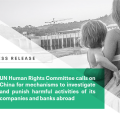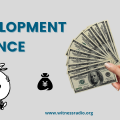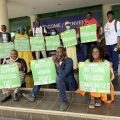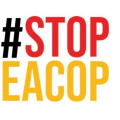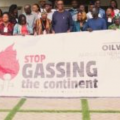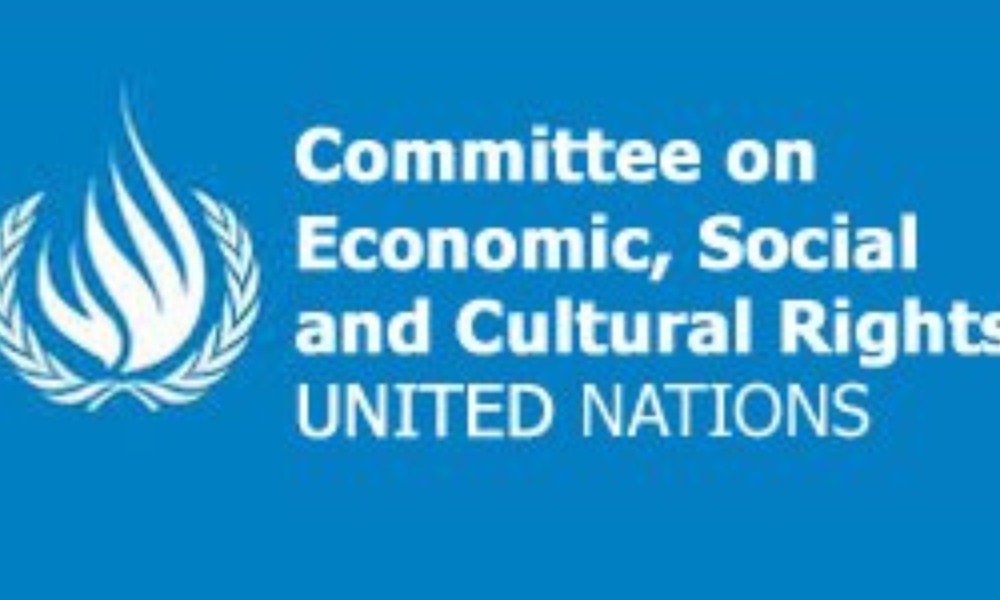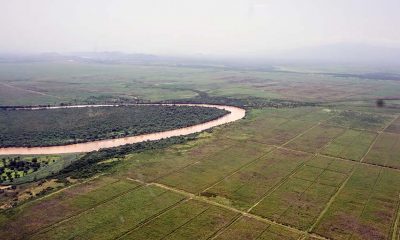By Witness Radio team
Development Banks and investors have been urged to invest in activities or projects that do not deprive individuals or communities of access to land or land-associated resources on which they depend for their livelihoods.
The negative effects arising from the projects funded by some development banks and investors have forced the Committee on Economic, Social, and Cultural Rights General Comment No. 26 (2022) on Land and Economic, Social and Cultural Rights while giving its general comment on land to call on development banks and states hosting the projects to refrain from actions that interfere, directly or indirectly, with the enjoyment of the Covenant rights in land-related contexts outside their territories
In 2014, an investigation by the International Consortium of Investigative Journalists revealed that some 3.4 million of the most vulnerable people were left homeless by the projects funded by World Bank. Till today, more of the bank’s funded projects continue to harm communities.
Currently, there is an ongoing mediation process between the project-affected persons of Kawaala Zone II and Kampala Capital City Authority, an implementer of a World Bank funded-project over human rights violations. In December 2020, their houses were marked with an x as a sign of demolition and later some of the residents’ crops got destroyed.
In the Pakwach district, the Paten clan continues to experience gross human rights violations arising from the Wadelai Irrigation Scheme implementation funded by the African Development Bank (AfDB).
According to the communities, the project forcefully acquired more land for the Wadelai Irrigation Scheme project under The Farm Income Enhancement and Forestry Conservation Project-Phase 2 (FIEFOC-2). This was contrary to the earlier understanding with the community that the project would utilize 365 acres which the community had freely offered for the project. Instead, 365 hectares were forcefully acquired.
The committee while reviewing state parties’ reports, claims has encountered an increasing number of references to the negative impact on individuals, groups, peasants, and indigenous peoples’ access to productive resources, as a result of international investment negotiations, agreements, and practices, including in the form of public-private partnerships between state agencies and foreign private investors
The committee says land transfers are quite often financed by international actors, including public investors such as development banks financing development projects requiring lands, such as dams or renewable energy parks, or by private investors.
“Parties must take concrete measures to prevent their domestic and international policies and actions, such as trade, investment, energy, agricultural, development and climate change mitigation policies, from interfering, directly or indirectly, with the enjoyment of human rights that applies to all forms of projects implemented by development agencies or financed by development banks.” The committee noted.
Adding that “ there is a need to establish the necessary regulatory mechanisms to ensure that business entities, including transnational corporations, and other non-State actors that they are in a position to regulate, not impair the enjoyment of Covenant rights in land-related contexts in other countries and moving the necessary steps to prevent human rights violations abroad in land-related contexts by non-State actors over which they can exercise influence, without infringing the sovereignty or diminishing the obligations of the host States.”
The committee further emphasized the conduct of human rights impact assessments before making such investments and regularly assess and revise them. Such assessments shall be conducted with substantive public participation and the results shall be made public and inform measures to prevent, cease and remedy any human rights violations or abuses.
In addition to responsible investment, the committee directed states to take all necessary measures to respect human rights defenders and their work, including concerning land issues and to refrain from imposing criminal penalties on them or enacting new criminal offenses to hinder their work.
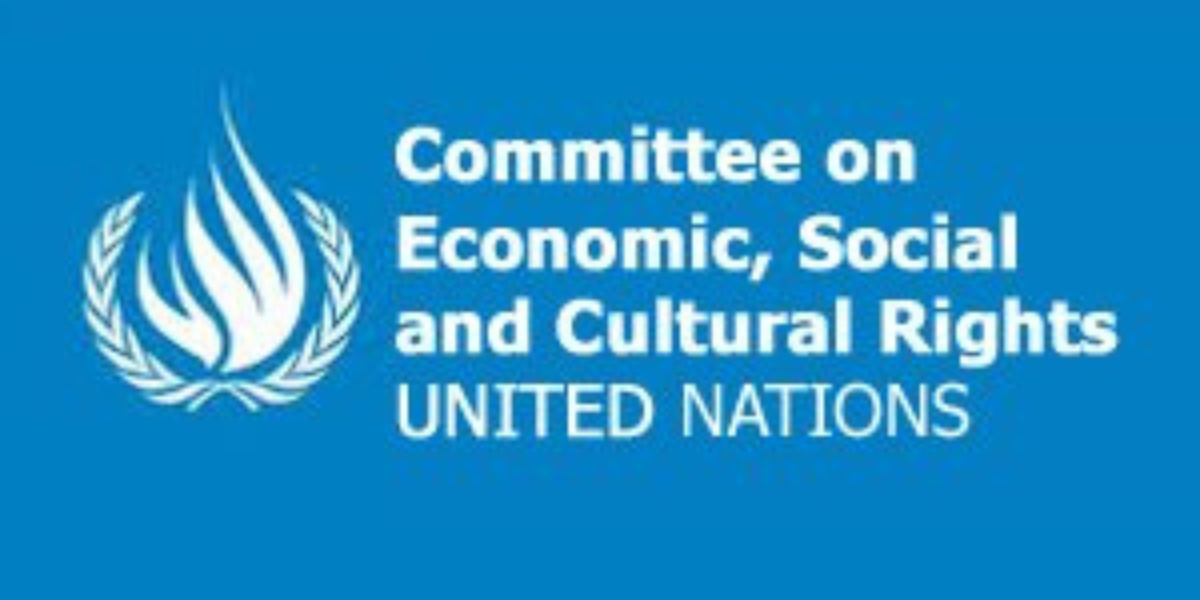

 SPECIAL REPORTS AND PROJECTS2 weeks ago
SPECIAL REPORTS AND PROJECTS2 weeks ago
 MEDIA FOR CHANGE NETWORK2 weeks ago
MEDIA FOR CHANGE NETWORK2 weeks ago
 MEDIA FOR CHANGE NETWORK4 days ago
MEDIA FOR CHANGE NETWORK4 days ago
 SPECIAL REPORTS AND PROJECTS2 weeks ago
SPECIAL REPORTS AND PROJECTS2 weeks ago
 MEDIA FOR CHANGE NETWORK2 weeks ago
MEDIA FOR CHANGE NETWORK2 weeks ago
 MEDIA FOR CHANGE NETWORK6 days ago
MEDIA FOR CHANGE NETWORK6 days ago
 MEDIA FOR CHANGE NETWORK4 days ago
MEDIA FOR CHANGE NETWORK4 days ago
 NGO WORK5 days ago
NGO WORK5 days ago
